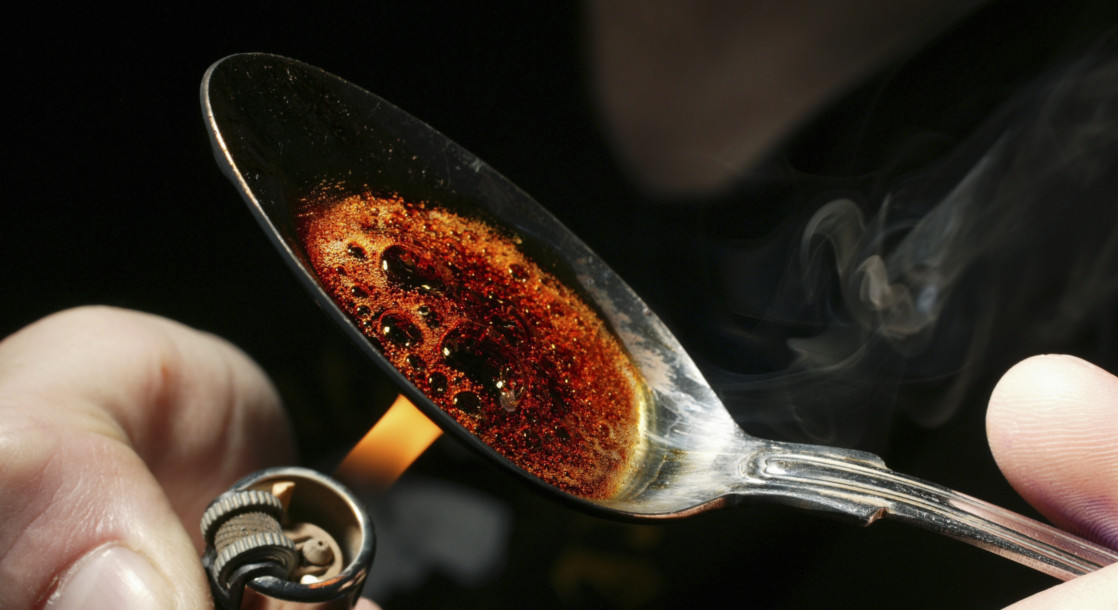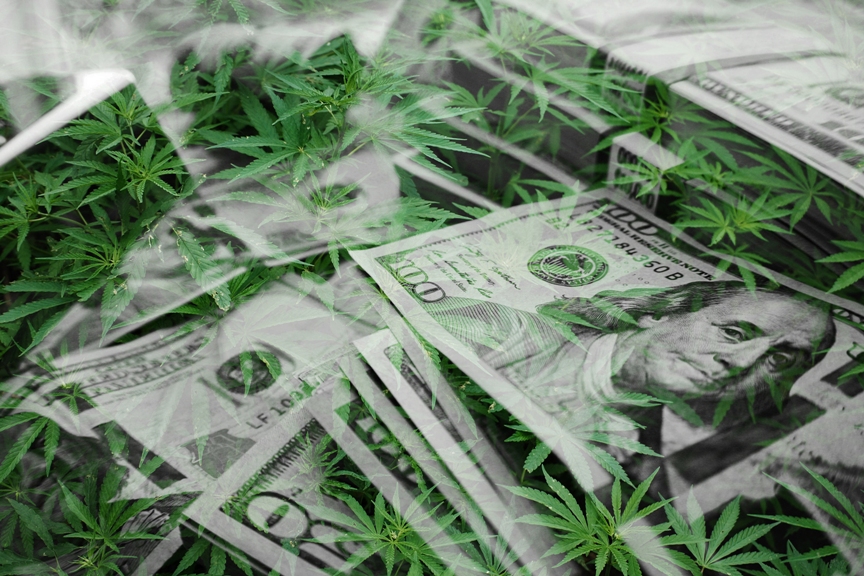Maryland legislators have proposed a new plan to treat the state's growing number of opioid addicts with medical marijuana. The proposal is being added to a current bill that would completely rewrite the laws concerning the state's medical marijuana program. The House Health and Government Operations Committee just approved an amendment to the bill, adding “opioid use disorder” to the list of eligible conditions that medical marijuana can be prescribed for.
It is estimated that around 2,000 people died from opioid overdoses in Maryland last year. "With the problems we're having with heroin, this is something that should be available in the state of Maryland," said Del. Cheryl Glenn, chair of the Legislative Black Caucus. The state Senate is also drafting a plan to rework the state's medical marijuana program, but its version does not include treatment for opioid addiction.
The issue of using MMJ to treat opioid addiction is a controversial one, as there is little current research that either proves or disproves its effectiveness as a treatment. "There is evidence that cannabis may be effective in alleviating certain forms of pain, and may be useful therefore in reducing opioid use. But there is no evidence that cannabis may help reduce opioid addiction," said Dr. Daniele Piomelli, University of California, Irvine professor and cannabis researcher. "This is not something any legislature should decide lightly on, without the backing of scientific data."
"We have looked at the medical evidence, and we thought it made sense," Delegate Sandy Rosenberg, who led the team of legislators currently rewriting the bill, said. "We thought we should leave it up the doctors. We don't legislate medical judgment.”
However, Republican legislators are not convinced. "Replacing one habit with another may not be a good idea," said House Minority Whip Kathy Szeliga, “Treating opioid addiction with pot is a not a clean-and-sober approach."











